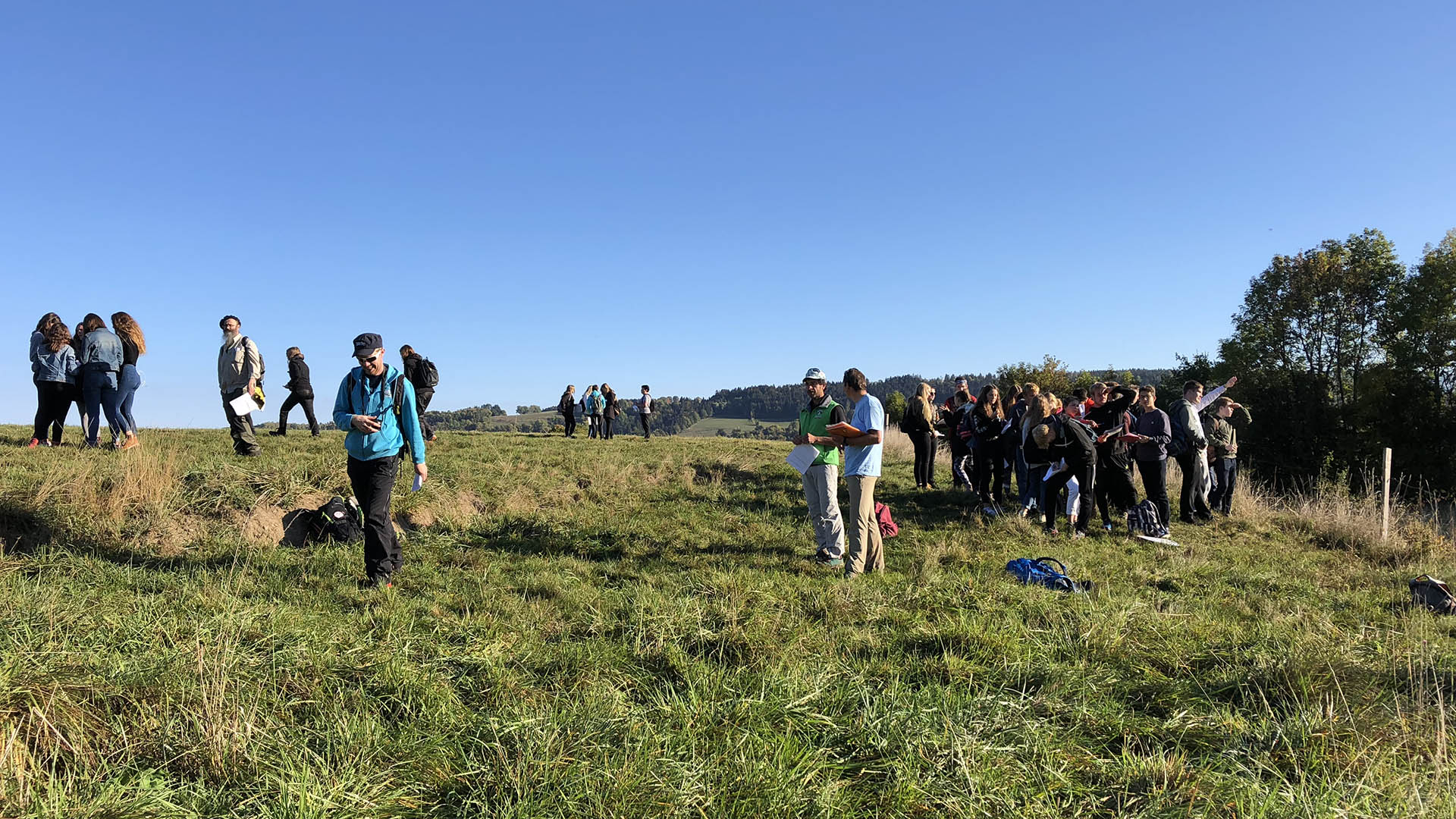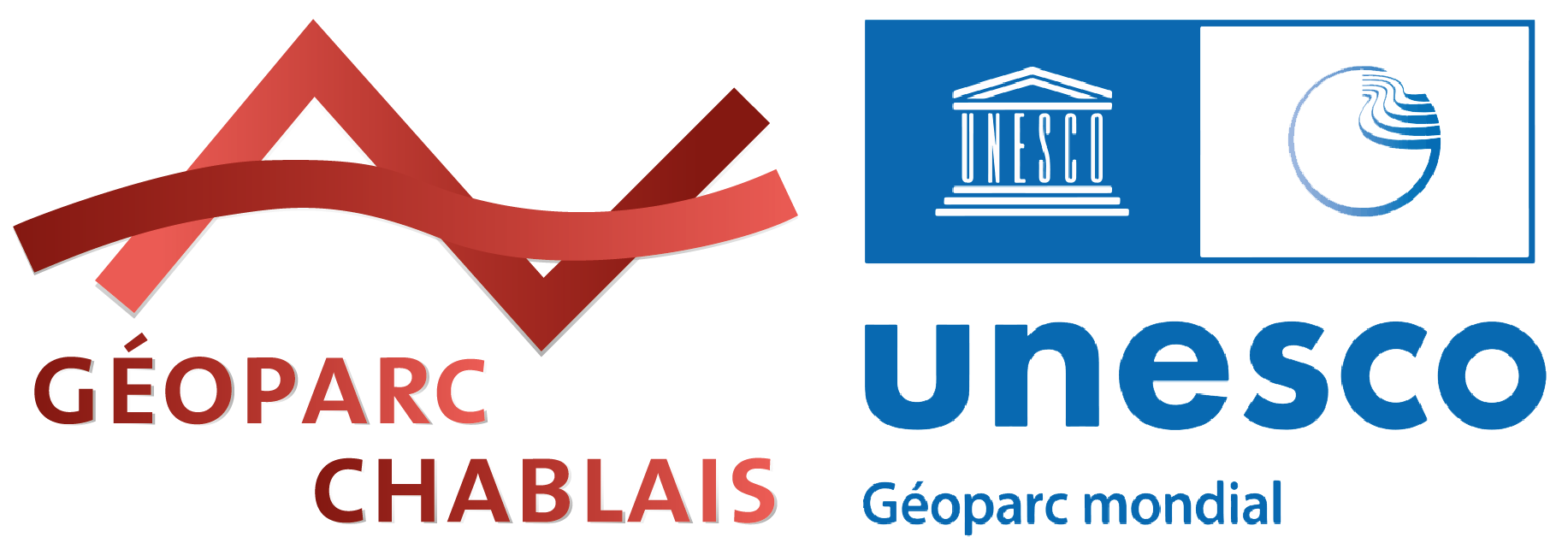The Chablais UNESCO Global Geopark is the ideal place to study the earth sciences and understand how rocks and landscapes were formed.

An area known for its geology of international significance
The area is known for its geology of international significance, particularly its Alpine geology (the Prealpine allochthonous klippe, the Chablais Massif) and its Quaternary glacial geology. The area also has exceptional hydrogeology, with examples of all types of mountain aquifers.
For undergraduate and graduate students, the Chablais is an ideal site for field trips and internships. The following topics can be studied in the Chablais:
- The formation of the Alps and more specifically its nappes (Prealps);
- The glacial history of the Alps and glacial deposits (Quaternary geology);
- Sedimentary rocks;
- Structural geology: stress and deformation — folds and faults, cleavage, etc.;
- Earth science interpretation;
- Hydrogeology.
The Geopark’s team, with the support of the SIAC and its network of partners, offers tools for students and can help organise educational trips on the topics listed above as well as internships and research projects. Working in a UNESCO Global Geopark means that you’ll always have a team available to assist you by:
- Organising field trips: logistical assistance, help obtaining the required authorisations and access, connections to local stakeholders.
- Sharing research project findings: organising interpretation events for the public and schoolchildren; publishing articles in popular journals and magazines; organising field trips for the public and schoolchildren.
- Providing resources: knowledge of the local area; access to information; modest funding contributions to fieldwork budgets.
- Collaborating: international scientific projects requiring “experiments in the field” or a “non-academic” partnership, such as Horizon 2020 and ERASMUS+.


